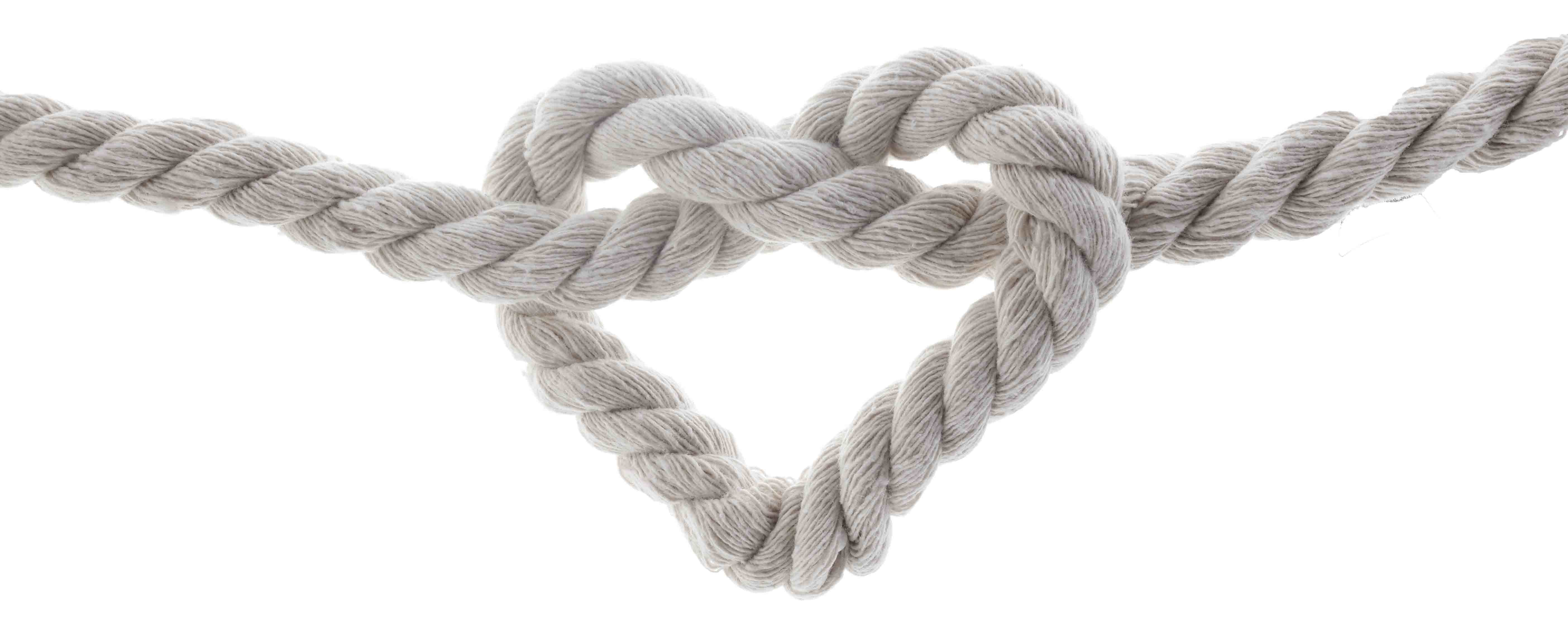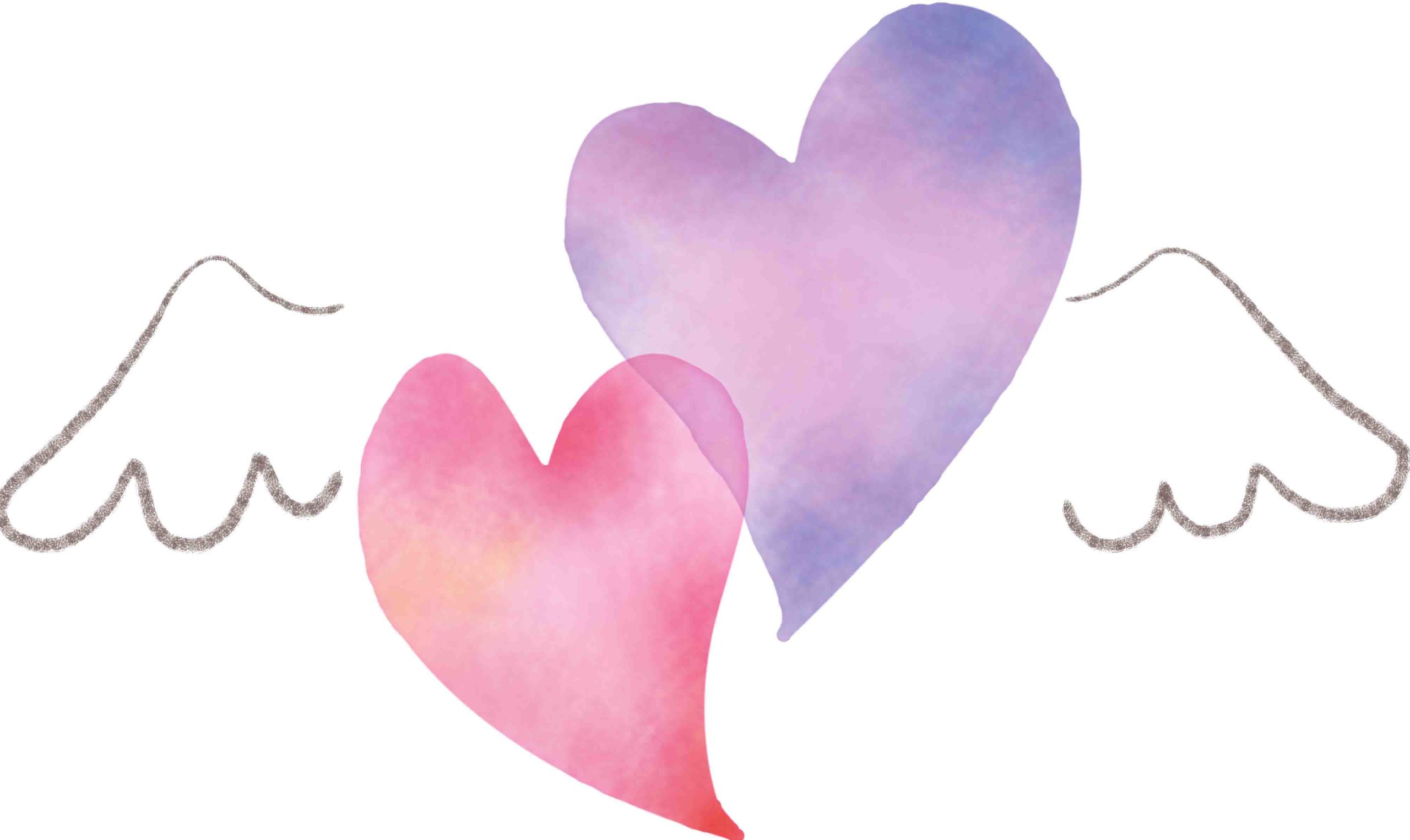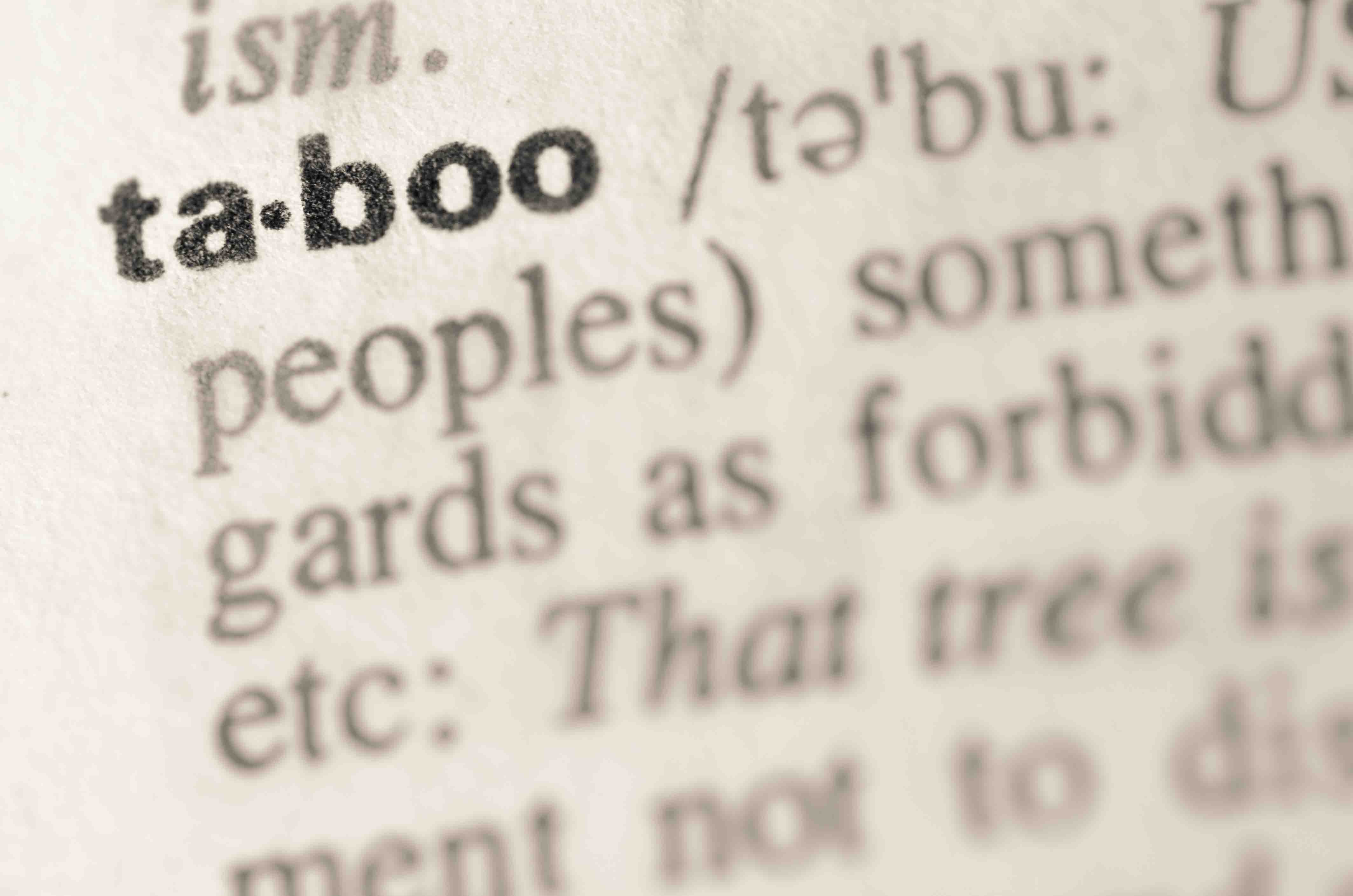Chapter 5: is it wise to stay connected to a departed loved one?
All historical life – all social life, all ethical life – proceeds by virtue of cooperation between the so-called living and the so-called dead. The whole of our being can be infinitely strengthened when we are not only conscious of our firm stand here in the physical world but are also filled with the inner realization of being able to say of the dead we have loved: they are with us, they are in our midst.
—Rudolf Steiner
Am I doing a crazy or dangerous thing?
As I begin writing to Karl and recording and reading his replies, I wonder: am I crazy?
I am so open in my grieving that I cannot possibly miss “that look” on some friends’ faces.
Is my communication with Karl nothing more than a kind of personal projection?
Rudolf Steiner died a long time ago, and I cannot find any research on whether or not his specific approaches yielded benefits for grieving people like me. I am frightened that I might be making a big mistake, prolonging my grief or even doing myself psychological damage. Am I doing something pathological, dysfunctional, or even dangerous?
So I engage my rational mind to help me – or at least what remains of it.
Continuing Bonds

I turn to research in bereavement psychology about a subject called “continuing bonds” (CB). And I ask a doctor, two therapists, a spiritual director, and three social workers to review drafts of this chapter. The new language of “continuing bonds” reflects a new understanding of the grieving process. In fact, it reflects what grief counsellors have known for decades. It just took the academic psychologists a long time to recognize what was going on.
Mourning does not need to end with detachment from the person who died. Continuing ties to loved ones are not only normal and healthy but also an essential aspect of the grief experience. Natural human attachment is excellent, even after death. In my conversations with grief therapists and in the psychological research I read, I find reassurance that my strong desire to stay connected to Karl is psychologically healthy and spiritually valuable.
When Your Soulmate Dies

I begin my investigations after reading Alan Wolfelt’s passionate book, When Your Soulmate Dies (2016). That book helps me understand that our strong attachment bonds in life might require a “heroic grief” response from me, as the stronger our attachment, the stronger our grief. I could use my “heroic love” to honor Karl with appropriate grieving. I haven’t had much bereavement counseling, partly because of my legal situation, so I need to take control of my healing. Only some friends are helpful in that regard. Some hope that I will systematically plod through the still influential (but now widely discredited) five stages of grief originally outlined by Elisabeth Kübler-Ross.
Other friends are dismayed as they watch me plummet into PTS, following the flash flood eleven months after Karl’s death. My irrationality, panic, anxiety, extreme risk-aversion, repetitive communication, agoraphobia, fear of water, intersections, traffic, and cars terrify them.
Is this CONNECTION helping or harming?
Because staying connected with Karl after he died is such a tremendous comfort to me, I have to ask, like Lucy Hone in Resilient Grieving (2017), “Is this helping or harming?”
Many decades ago, watching a beloved friend close the door on her grieving after the death of the love of her life, I questioned whether it was the wisest response. Later she told me that she had “locked her heart” after her partner died.
I replied to her that I had opened mine wider — and then even wider — and it nearly killed me!
I learn later that a surprisingly large proportion of bereaved people manage their lives without any apparent signs of grief.
Bridging a “taboo” gap

I know I am not one of those people. As I considered these matters, Karl tells me that he was also aware that together, we are edging toward some significant boundaries.
this is a really big thing we are doing here
In early November 2016, Karl announces:
This is a really big thing we are doing here — bridging a “taboo” gap between life on Earth and life in Spirit. Most people would not accept that we could do this. But this is real. We are connected. I am your true Beloved, reaching back to touch your lonely heart with all my love.
